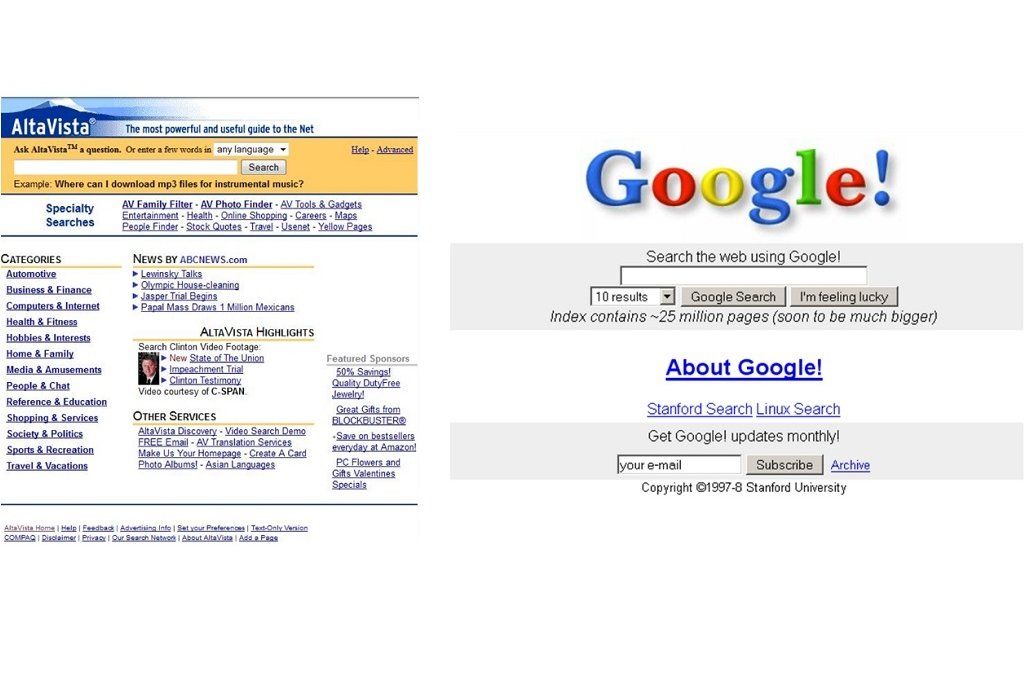Adam Smith and the Initial Coin Offering
What does Adam Smith have to do with Initial Coin Offerings or ICOs? If you consider that Smith was the first philosopher to properly study how nations (or economies) become wealthy, then the answer is that he may have a lot to teach us about what companies with a tokenised economy need to do in order to create wealth.
 Adam Smith was a moral philosopher born in Kirkcaldy, Scotland in 1723. He is generally considered to be the first economist mainly due to his best-known book The Wealth of Nations. I grew up in Kirkcaldy, and so I learned about Smith from an early age, but anyone that has ever studied economics, or indeed looked at a Bank of England £20 note should be familiar with him.
Adam Smith was a moral philosopher born in Kirkcaldy, Scotland in 1723. He is generally considered to be the first economist mainly due to his best-known book The Wealth of Nations. I grew up in Kirkcaldy, and so I learned about Smith from an early age, but anyone that has ever studied economics, or indeed looked at a Bank of England £20 note should be familiar with him.
He described ‘laissez-faire’ philosophies where government intervention and taxation are limited, allowing the free markets to operate and create wealth through the ‘invisible hand’ of demand and supply. He understood the need for minimising friction in economies, having easily tradable currency and in creating velocity of that currency. In his book he illustrates why some economies had become wealthy through trading and not directly at the expense of other poorer economies. He showed that wealth is created and clearly not a finite resource, and that ‘laissez-faire’ economies grow faster than those encumbered with layers of regulation and taxation. However, Smith also warns us that monopolies hurt economies because of the lack of real competition, and hence free trade. This makes markets less efficient and so less wealth is created to the detriment of society.
Smith wrote this book in 1776, almost two and a half centuries ago, but the philosophy of economics he wrote about has not changed, other than in some of the terms we might use or the examples we can cite. But what has this got to do with ICOs or token sales.
For some time, I have been trying to figure out the value that might be attached to crypto-assets issued as part of a token sale. Or rather, I was trying to work out why so many ICOs were managing to raise such large sums. What were the token sale valuations based on? Is it economics that arrives us at some expected ROI, or something else. Having read many whitepapers, and understood some, I have realised that few have made a proper attempt to justify the token issue values. I have seen lots of science about the technology yet to be built, and I have seen predictions of values, but very little about the economics behind this. There also seems to be little relationship between the company stage (which is often just at the incorporation stage), the size of the potential market, and the valuation of the initial offering.
In a token sale you are selling a currency that can potentially be traded within your own closed economy. It is assumed that the token buyer is initially a speculator that hopes your currency will increase in value based on your business growing and hence the value of your economy increasing. i.e. the demand for tokens to use in the economy is going to increase since the market for them wii grow and the tokens have a limited supply. So, for the economy to work, it must have a sensible starting value otherwise the currency will be stillborn when it comes a tradable token with utility value. After all, why would I buy your token at a high price if I cannot exchange it for something of a similarly high value in your economy? Of course, this assumes that the value of the tokens must be pegged against a utility value and not purely a currency speculation value. This seems a reasonable assumption otherwise ICOs would begin to look like Ponzi schemes.
From the limited information found in these whitepapers, it is difficult to establish any defensible valuation for these companies, but based on more traditional company valuations they do seem wildly high for companies of this stage. We know from conventional equity scenarios that large over-valuations can lead to future difficulties. So how do you value ICO tokens? Well, I don’t have a specific answer but the best article I have found on this subject is this one by Chris Burniske. Note that, the value of your token is a function of the quantity in circulation, its velocity (i.e. how frequently the token is exchanged) and the total value of all sales. This relates directly back to how Smith measured the wealth of a country. When creating your token, the price will be a speculation about these future values, but if they are over optimistic then the resulting value of the token will reduce and may strangle your company. This could be worse than a down-round with investors since a diminishing token value without good utility might signal a spiral of death in the company’s economy.
So, companies considering ICO should be diligent in their financial projections used to value their crypto-currency tokens, but having raised the initial investment and assuming the product is good, it will be an economist and not a finance officer that is needed to govern a token based economy. They need to stimulate the correct environment for growth, but according to Smith, not interfere with the free trade within your market. You need the ‘laissez-faire’ approach and let the ‘invisible hand’ operate the market for you. If you can achieve this, according to Adam Smith’s teachings, you ought to create wealth.
The post Adam Smith and the Initial Coin Offering appeared first on Trisent.










